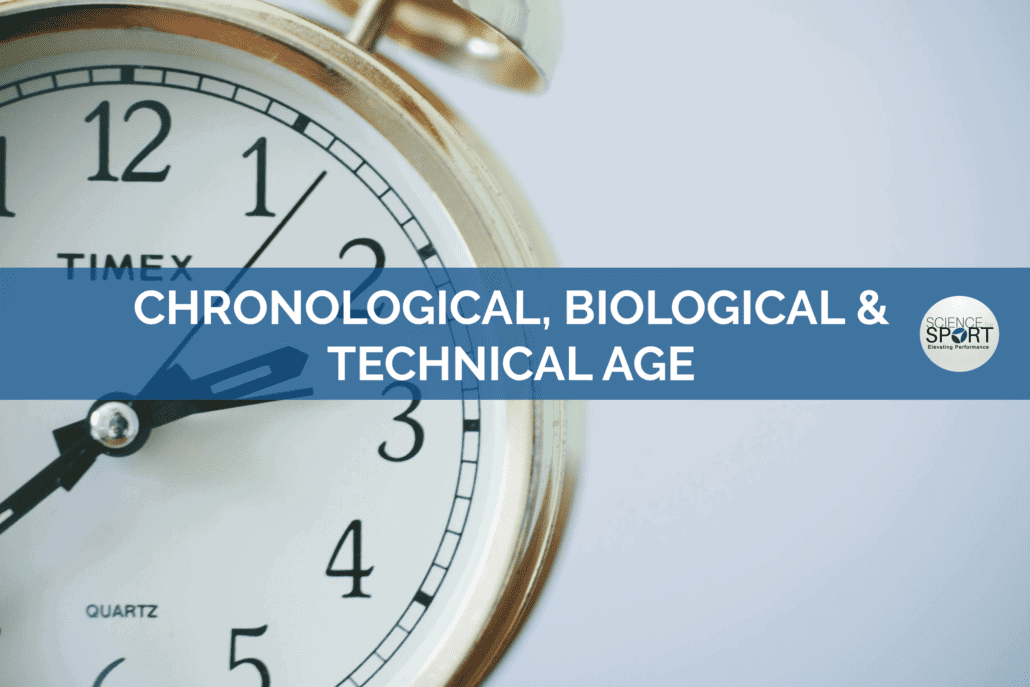

Rose, the whole idea behind this kind of care is to be proactive and precise in monitoring patient health-a far cry from the status quo of only going to the doctor once a year, or if you’re sick. For starters, it's important to keep in mind that your biological age is not fixed, which means it is also “not a death sentence.” On the contrary, it’s a measurement that offers not only meaningful insight, but also a sense of agency with regard to your health-and we have to admit the philosophy is kind of a breath of fresh air. Still, the doctor has some reassuring words. If you’re fairly certain your biological age is high relative to your chronological age (*raises hand*), you’re probably not chomping at the bit to hear the news. If you’re interested in getting the bloodwork done, this video will tell you exactly what to do.
Chronological age and biological age professional#
Still, the test won’t do much more than satisfy your curiosity unless you find a medical professional with a holistic and patient-centered approach to healthcare-most likely a Doctor of Osteopathic Medicine (DO)-who can help you interpret the results and come up with the next steps of your personal health plan. The blood panel determines your immune function, lipid levels, liver and kidney health, cardiometabolic health, nutrient storage capabilities and energy metabolism, just to name a few. However, you can go directly to Quest Diagnostics for the Thorne biological age blood test. That said, the specific blood test used to measure biological age is not on the menu at most doctor’s offices. Bottomline: Biological age is not simply an abstract concept, but a quantifiable biometric that has a whole lot of potential in both preventive and curative medicine. The result is a highly individualized health profile that can be used to help target problem areas and ultimately turn back the clock, so to speak. The test analyzes 41 different biomarkers in order to put a number to your cumulative biological age, while also providing a “breakdown of five different organ, or system, ages,” says Dr. This isn’t the same blood panel you’re typically offered at the doctor’s office, though.

Is all of this biological age business just a complicated way of reinforcing what everyone already knows (i.e., that healthy lifestyle choices make you, well, healthier)? Actually, there’s a lot more to it than that-namely because your biological age can, in fact, be measured and tracked with a simple blood test. How can you find out your biological age? Biological age is also a much more reliable indication of a person’s current health than chronological age-so if you haven’t been paying any attention to it (or didn’t even know it was a thing), it’s time to start. The key difference between chronological age and biological age is that you can actually change the latter. The takeaway? Biological age is a big factor when it comes to your overall health, and it isn’t set in stone. Rose has a helpful analogy: “Think of our genes and how we express our genes as being controlled by a dimmer switch.so we have the power to either tone down the ‘bad’ genes or tone up the ‘good’ genes.”įun fact: Biological age is also half the equation of a person’s cumulative rate of aging (i.e., how fast you're going downhill relative to how long you’ve been alive)-so it also accounts for why someone can look (and feel) older or younger than another person of the exact same chronological age. Rose says that “biological age is only 10 to 15 percent genetics-the rest is all environmental.” If you’re having a hard time wrapping your head around this, Dr.

Rose tells us that biological age (unlike the inexorable march of time) is something we do have the ability to control-or at least, significantly influence.īiological age has far more to do with the lifestyle choices you make-nutrition, sleep, stress-than it does the genes you’re born with. Rose, biological age refers to how “quickly or slowly your DNA cells and organs are aging.” Here’s where it gets interesting: The cells and organs that keep you going care about a lot of different things, but your birthday isn’t at the top of the list. As it turns out, there’s a different kind of age-and it’s definitely worth knowing about.


 0 kommentar(er)
0 kommentar(er)
